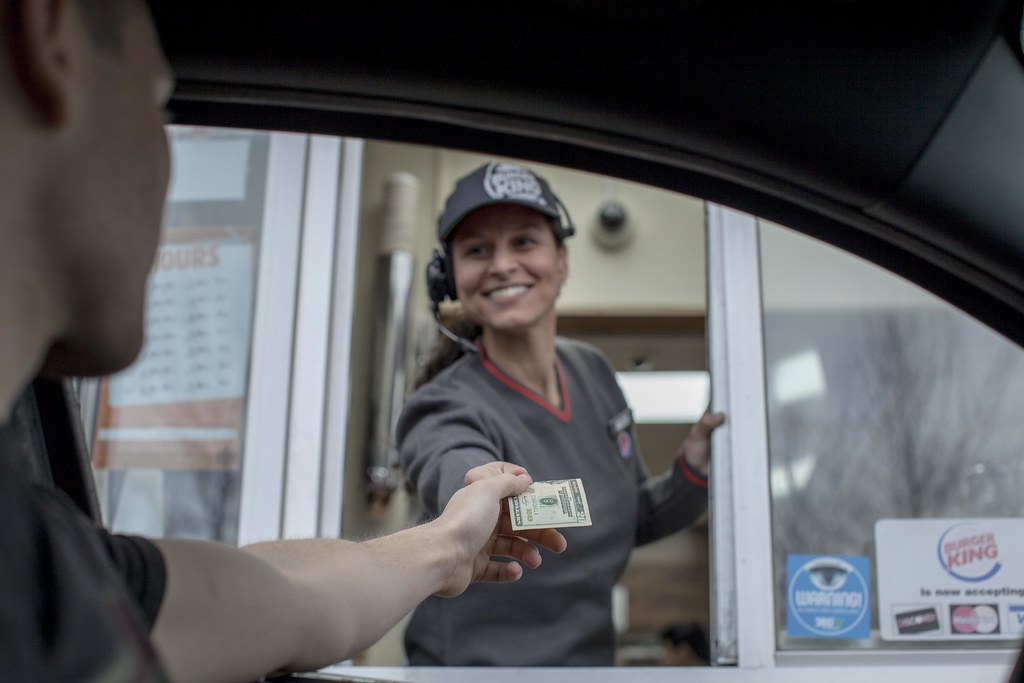Can I take photos of inside a restaurant for a newspaper story about that restaurant?
What is Invasion of Privacy?
Let’s dig into this a bit further.
Invasion of privacy is something you have to consider when taking and publishing photographs. There are three main questions you should ask yourself.
Does taking this photo invade the subject’s private or secluded activities?
Does the photo reveal something embarrassing about the subject?
Are you portraying the subject in a way that is false?
If the answer to any of these questions is YES, you might want to reconsider taking and publishing the photo.
But what does it really mean to intrude into somebody’s privacy or seclusion? There’s a lot of factors to consider here like where and when the photo is taken. A picture taken in a public space is a lot less likely to violate a privacy law than a photo you took looking through the window of somebody’s home. Before you take and publish a photo, you should also ask yourself whether a person would feel like their privacy was invaded. Again, if the answer is YES, you might want to reconsider your actions.
The law requires that certain private facts are not to be disclosed or told to the public because doing so may be highly offensive to the person who is the subject of the photo. When publishing a photo, it is important to review the content of the photo and assess if any private facts are being disclosed by publishing it. But, a publisher cannot be punished for publicizing something that is happening in a public space.
Another thing we have to think about is what expectation of privacy the employees of the fast food restaurant have and if it is reasonable. To be protected by privacy rights, you have to have a reasonable expectation of privacy. For example, it is reasonable to expect privacy at home, but it is less reasonable to expect privacy when you’re at a business that caters to the public.
As a journalist, you should be thinking carefully about what your ethical duties are as a reporter. The content of the photo you are publishing is relevant here. Ethical journalism should be accurate and fair. If you took a picture of the McDonald’s staff because you thought they were stupid looking and wanted to make fun of them in an article, that is definitely a violation of ethics. On the other hand, if you took a picture of an employee licking the bun of a burger before serving the food to customers, this might be ethical and important information to share.
Given the consideration of all of these factors, there would be no violation of privacy law if you snap a photo of the inside of a drive-thru window and publish it to illustrate a newspaper article. Because the individual in the photo “left themselves open to the public eye” there is no violation of privacy. The employee also had a lower expectation of privacy because they were working in a space that accommodates the public, so they likely knew (or should have known) a customer at the drive-thru window could see them. It is unlikely that the photo snapped through the window would portray the employee in a false light but rather portray the truth about what that worker is doing.
If you are worried that you may be violating privacy rights or showing the employee in a false light, you can always blur their face out and publish the photo that way. If you take this route, you are protecting the identity of the employee who you photographed, while still showing the actions you thought were important to publish.
If you are looking to publish a photograph taken at a drive-thru window, you can snap a picture of the inside from your car and publish it in the newspaper as long as you are careful not to violate any privacy laws. As a journalist, your ethical duties should also be at the forefront of your content creation. If you are sure you are not violating any privacy laws and feel that you are complying with best ethical practices, you should be good to go.
Have questions about free speech rights?
Send your questions our way, and we'll have our team find you an answer. Keep in mind, we’re not actually your lawyers and aren’t representing you. We can definitely help clear some things up and give you some info, but if you need actual legal help for your situation, you should find a lawyer in your area. And don't worry, any information we collect is only for our own research, and we won’t share it or sell it to anyone.




